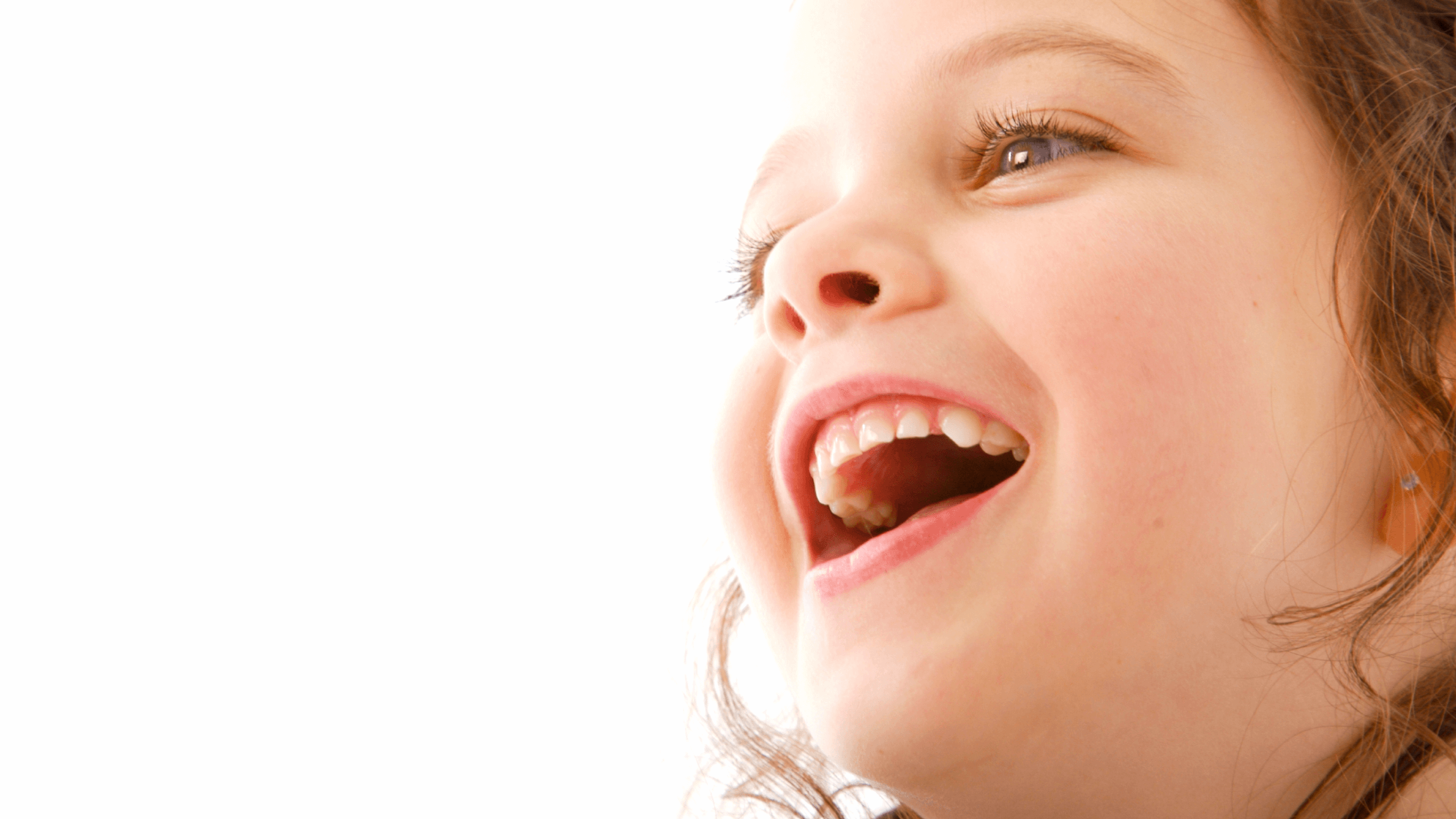Will My Child’s Thumb Sucking Affect Their Baby Teeth?
&srotate=0)
Most babies will use a pacifier or suck their thumb on occasion, which is generally harmless and can actually be helpful in establishing sleep patterns and self-soothing abilities. However, some children develop habitual thumb sucking and/or pacifier use that may affect their teeth later in life. At Apple Tree Pediatric Dentistry in Lawrenceville, GA, pediatric dentists Dr. Jeni Kong and Dr. Sandra Oh help families understand how and why thumb sucking or pacifier use may affect their children’s oral development, as well as if (and when) it may be appropriate to begin discouraging these behaviors. In this blog, we’ll take a closer look at the relationship between thumb sucking, pacifier use, and dental health and answer some of the most frequently asked questions regarding this subject.
Is thumb sucking bad for a baby’s teeth?
In most cases, occasional thumb sucking or pacifier use will not damage baby teeth or alter a child’s oral growth and development. However, when a child is a severe or persistent thumb sucker or pacifier user, there are several potential concerns to be aware of. These include:
- Damage to the teeth or roof of the mouth
- Overbite
- Protruding front teeth
- Top and bottom teeth do not meet
- Alignment issues
- Speech delays
- Speech impediments
- Changes to overall mouth and jaw shape
- Teeth alignment issues
At what age does thumb sucking start to affect a child’s teeth?
Depending on how often and how vigorously a child sucks their thumb, they may or may not develop dental issues. Generally speaking, thumb sucking and pacifier use do not pose a significant threat to a child’s long-term oral and dental structures until they are around age 2-3. However, children should visit the dentist for the first time around age one, at which time parents can bring up any concerns they may have about thumb sucking or pacifier use.
My child’s teeth are curved because of thumb sucking – is this permanent?
Many children who use a pacifier or suck their thumb consistently throughout babyhood and toddlerhood develop an open bite or a curved mouth shape. Once the child stops sucking their thumb, this often corrects itself naturally. Again, though, continuing these behaviors past age 2-3 may affect their oral development once their permanent teeth begin to come in, which typically occurs around age 5-6. For this reason, parents are typically encouraged to introduce interventions if a child is still using a pacifier or sucking their thumb at or near age 2-3. Our doctors will examine each patient and provide a customized intervention recommendation.
When should I schedule my child’s first dentist appointment?
Ideally, children should have their first dentist appointment around their first birthday. Even for children who have not yet cut their first teeth, this appointment still helps the dentist to evaluate their oral growth and development and identify any potential concerns, particularly for children who have oral-specific habits, like thumb sucking and pacifier use. Once baby teeth do begin to emerge, children should undergo pediatric dental cleanings and exams twice a year.
While we all worry about our children – and rightly so – parents should take comfort in knowing that in the vast majority of cases, children stop using pacifiers and sucking their thumbs in plenty of time to avoid any permanent damage to their smile.
Worried about how thumb sucking is affecting your toddler’s teeth? Visit our expert pediatric dentists in Lawrenceville, GA
If your child is having trouble breaking the habit of pacifier use or thumb sucking and you’re starting to worry about how it may affect their teeth, we can help. Call Apple Tree Pediatric Dentistry in Lawrenceville, GA to schedule your private consultation with either of our pediatric dentists, Dr. Jeni Kong and Dr. Sandra Oh, and give your child the top-notch dental care they deserve.